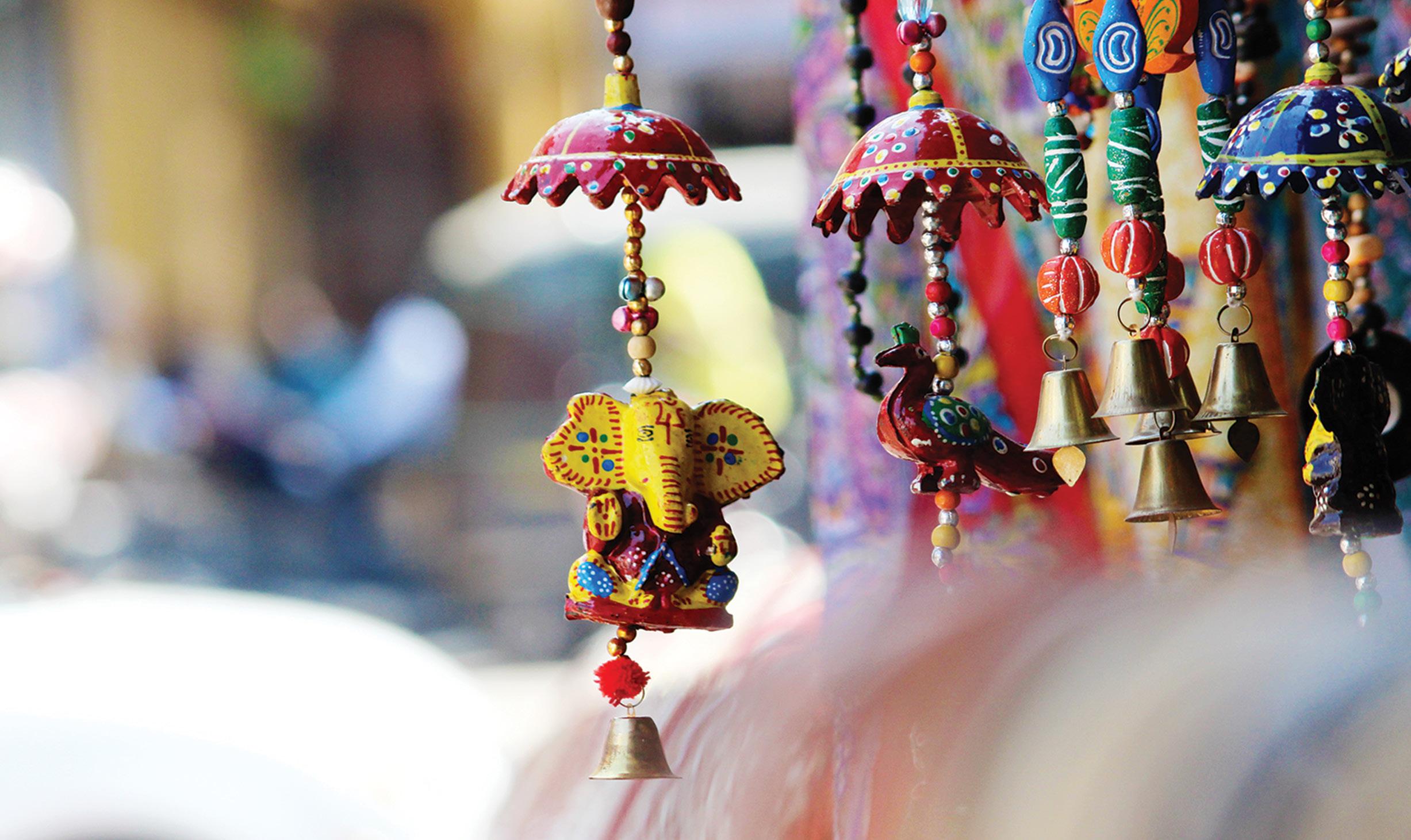
3 minute read
Global Ophthalmology
CATARACTS in refugees
Czech surgical mission helps displaced Syrians improve sight and lives. Howard Larkin reports
Nada Jiraskova MD and team working in Jordan
Once or twice a year, Prof Nada Jiraskova MD and the team of the University Hospital in Hradec Kralove, and Charles University, Czech Republic, travel to Amman, Jordan, to perform cataract surgery for Syrian refugees. In seven trips, the team has done more than 1,200 cataract surgeries, Dr Jiraskova told an ORBIS International symposium.
Operating in a hospital surgical suite equipped with Centurion (Alcon) phaco machines identical to those they use at home, the surgeries have been accomplished with no serious complications despite the very hard, mature cataracts they typically see. Most are successfully removed with phaco, though a few require conversion to extracapsular extraction with a loop, Dr Jiraskova said. In most cases posterior segment lenses are implanted, though in cases of very loose zonules or damaged capsules, sulcus or anterior chamber lenses are used.
The improvement in vision significantly
Images courtesy of Adam H ř íbal, MEDEVAC Czech
helps, Dr Jiraskova said. “It really changes the lives of those patients a lot.”
The cataract mission is run by the Czech Republic government through its MEDEVAC humanitarian programme. Focusing on providing medical care to vulnerable groups in regions stricken by humanitarian crises, it provides speciality care at no charge in a variety of disciplines, including cardiac, orthopaedic and plastic surgery in addition to ophthalmology, Dr Jiraskova added.
LOCAL COLLABORATION Outreach and follow up can be significant issues for cataract surgery missions. In this case, Dr Jiraskova cooperates extensively with local Jordanian ophthalmologists. They screen and prep all but the most complicated cases, which are prepared by the visiting surgeons. Routine follow-up is also provided by local practitioners.
In some cases, the team sees patients after surgery. Occasionally a lens cannot be implanted in a patient after removing the cataract. In these cases, an anterior chamber lens is implanted on the next trip. YAG capsulotomies are also needed for some patients, Dr Jiraskova said.
“It’s not just surgery. Sometimes the patients are there for five years. They are in a refugee camp and no one knows when they will go home.”

Dr Jiraskova noted that her country has sometimes been criticised for not accepting enough refugees. She believes the MEDEVAC missions are just as important. “To help the patients without taking them from their families is the most valuable help we can give.”
ABOUT MEDEVAC MEDEVAC is a permanent government programme of the Czech Republic, which focuses on providing medical care and assistance for vulnerable groups in countries affected by migration or burdened by a large number of refugees. Its four key efforts are evacuating patients for medical treatment to the Czech Republic; deploying of Czech medical teams abroad; expert trainings for foreign medical staff; and supporting medical projects aimed at rebuilding health infrastructure.
The inception of the MEDEVAC Programme (from English: “MEDical EVACuation”) dates back to the conflict in Bosnia and Herzegovina. The initial inspiration came from an incident where a child was evacuated from Sarajevo by the UK air force and brought to London for treatment. She did not survive, yet her story became a symbol for healthcare providers across Europe.
The MEDEVAC programme treated children and adults from Bosnia who had been injured in the conflict. It resumed its activities during the wars in Kosovo and Iraq, focusing on treating children with severe injuries.
From its inception until 2013, the focus

of the programme was on medical airlifts. From 2013 onwards, MEDEVAC began medical missions to countries including Jordan, Kenya, Cambodia and Senegal. These missions have included paediatric heart surgery, plastic and reconstructive surgery, orthopaedics, traumatology and ophthalmology.
Since 2015, the programme has been training local medics, and since 2016 it has supported projects aimed at rebuilding health infrastructure.
Nada Jiraskova: nada.jiraskova@fnhk.cz
INDIA
VISIT OUR WEBSITE FOR INDIAN DOCTORS www.eurotimesindia.org









